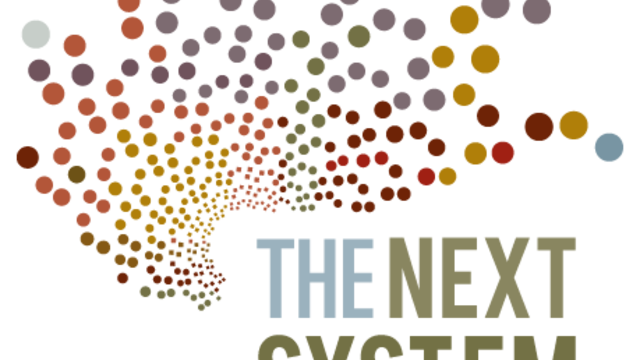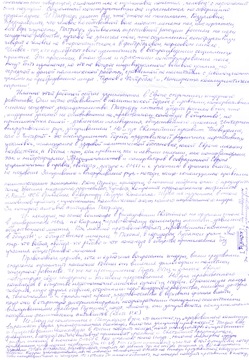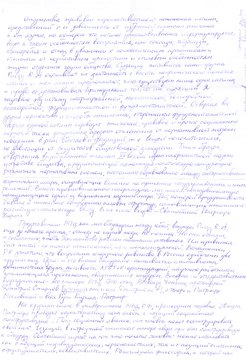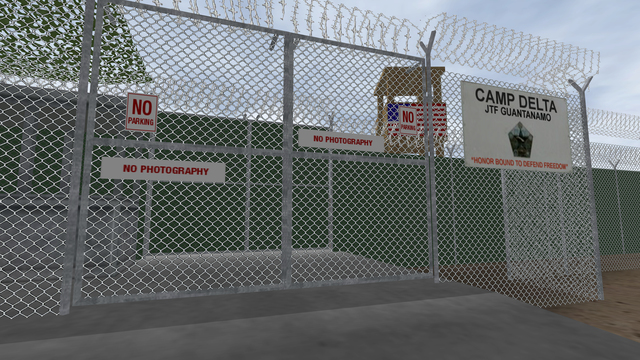Data Trash: The Theory of the Virtual Class
Arthur Kroker, Canadian media theorist and is the author of 'ThePossessed Individual', 'Spasm' and 'Hacking the Future'. Over the pastyears he, together with Marilouise Kroker, were often in Europe andmade appearances at Virtual Futures, V-2, Eldorado/Antwerpen, etc.Recently, they have also been discovered in German-speaking countries.Both are noted for their somewhat compact jargon, which made theirmessage appear to drown somewhat in overcomplex code. But "DataTrash"`(1994) changed all that. The long treck through the squashydiscourses had not been in vain. Firmly rooted in European philosophy,yet not submerged, Arthur Kroker has found his topic: the virtual class.







